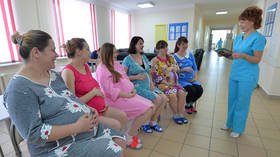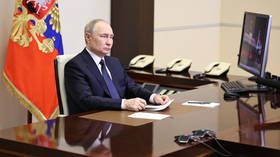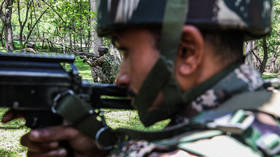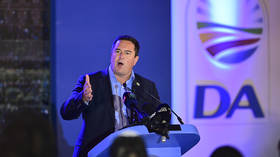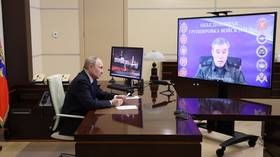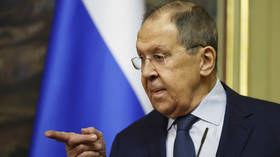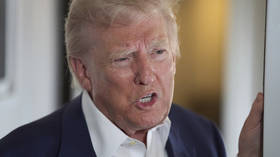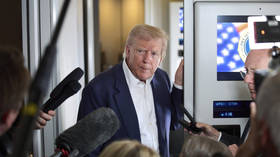Putin changes Russian passport rules
Russian President Vladimir Putin has submitted a bill that could simplify the process of acquiring citizenship for a wide range of people, including those who lived within the borders of the Soviet Union and their children.
The draft law, which was submitted to the State Duma on Wednesday, proposes to make the procedure of becoming a Russian citizen easier for individuals falling into more than 20 categories.
Under the legislation, the path to obtaining Russian passports would be simplified for citizens of the former USSR and those living in its ex-republics. It would also apply to direct relatives of people who permanently resided on the territory of the old Russian Empire or Soviet Union.
Individuals who have close family who are citizens of the world’s largest country would also be eligible. Simplified citizenship for spouses will only be possible if they have conceived at least one child during their marriage, however.
Investors seeking to come to Russia are not on the list of those entitled to the simplified acquisition of citizenship.
The document also proposes to expand the powers of the president to determine the category of people who have the right to a simplified path of obtaining Russian citizenship “not only for humanitarian purposes, but for any other reason.”
The bill comes shortly after the Russian leader commented on the demographic issues he said his country was facing. Speaking last week at his annual marathon press conference, Putin said the nation’s population of 146 million was “insufficient” to cover such a vast territory. Noting that there were only around 81 million people of working age, he said this put Russia at an economic disadvantage, as the country had too small a viable labor force relative to its size.
Earlier this month, Putin asserted that those looking to migrate to Russia should first study its customs and language before making the move. “We need to make sure that people who would like to come to work here prepare for this trip to our country and for work here [while] in their homelands,” he said.
